Online learning support
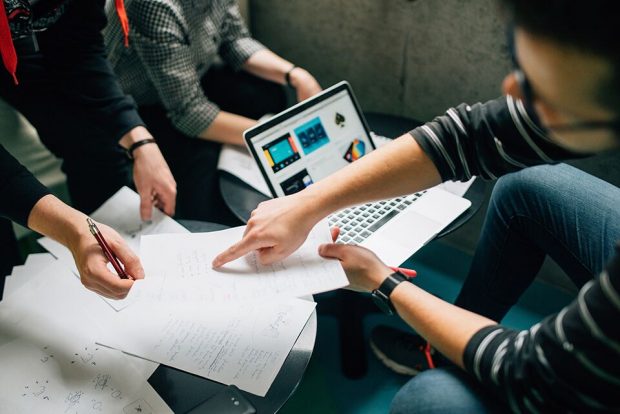
https://dfemedia.blog.gov.uk/2020/04/20/online-learning-support/
Online learning support
Posted by: shannynquinn, Posted on: – Categories: Coronavirus, Educational Technology, Funding
Today’s Education in the Media blog looks at the government’s position on school closures and the new package of support for online learning. It answers some commonly asked questions in relation to the online learning support package.
School closures
On Sunday 19 April, the Education Secretary led the government’s daily press conference in response to the coronavirus outbreak, which included clarifying the Government’s position on school closures.
Within the address, the Secretary of State made clear he understood parents and teachers’ anxiousness over when and how schools may begin to return to normal. However, no date has been set for reopening, as it will depend on the country’s ability to pass five key tests in relation to managing the virus.
The Times, The Sun, I, Telegraph, Star, Mirror, Sun, Mail, Guardian, Express, Independent and BBC Online all reported on the Secretary of State’s comments at the press conference, that there has been no date set for schools to reopen.
A Department for Education spokesperson said:
The Education Secretary has not set a date for schools reopening.
They will remain closed, except for children of critical workers and the most vulnerable children, until the scientific advice changes and we have met the five tests set out by Government to beat this virus.
We will work in close consultation with the sector to consider how best to reopen schools, nurseries and colleges when the time is right so that parents, teachers and children have sufficient notice to plan and prepare.
Online learning
During the press conference the Education Secretary announced that vulnerable and disadvantaged young people will get free laptops as part of a push to make remote education accessible for pupils staying at home during the coronavirus outbreak.
Devices will be ordered for children in the most vital stages of their education, those who receive support from a social worker and care leavers.
The government will also provide 4G routers to make sure disadvantaged secondary school pupils and care leavers can access the internet – where those families do not already have mobile or broadband internet in the household.
Alongside this, the Education Secretary also announced the launch of the Oak National Academy, which will offer 180 video lessons each week, across a broad range of subjects from maths to art to languages, for every year group from Reception through to Year 10.
This announcement was covered by The Sunday Telegraph, Sunday Mirror, Mail on Sunday, Sunday Express, The People, The Observer, The Sun, The Sunday Times, Independent and BBC online.
Education Secretary Gavin Williamson said:
I want to thank all the teachers and staff who are working so hard to ensure vulnerable children and those of critical workers are supported at this time.
Schools will remain closed until the scientific advice changes, which is why we need to support the incredible work teachers are already doing to ensure children continue to receive the education they deserve and need.
By providing young people with these laptops and tablets and enabling schools to access high quality support, we will enable all children to continue learning now and in the years to come. We hope this support will take some of the pressure off both parents and schools by providing more materials for them to use.
Q&A
Who is eligible to receive the free laptops/tablets?
Devices will be ordered for disadvantaged children who: do not have access to a laptop or tablet and are preparing for exams (in Year 10); receive support from a social worker; or are a care leaver.
How will the department work out who is eligible?
Devices will be allocated to local authorities and organisations overseeing schools (responsible bodies). They will be best placed to judge which children do not have access to device and/or internet connection. Many of these will be eligible for Free School Meals. Schools that do not have a responsible body will apply directly to DfE.
Does the scheme cover A-level and other students?
For those in 16-19 education, providers including schools can already use their 16-19 Bursary Fund allocation to provide devices and connectivity for disadvantaged and vulnerable young people, where this is identified as a barrier to a student participating in education.
When will they be available?
We are working to make devices available as soon as possible.
What is the budget allocated?
We have worked with industry to provide devices that meet the needs of eligible children at a price that offers good value to the taxpayer.
Can the laptops be used for personal use?
Devices will be fitted with an e-safety package that schools can use to restrict access as required. For care leavers and children and families with social workers, devices can be used for wider purposes to support engagement with social workers, help provide access to other services and prevent social isolation.
If schools have already purchased or rented laptops for disadvantaged pupils, will they be able to claim back the costs through the exceptional costs fund?
The exceptional costs fund is targeted towards the costs that are the biggest barrier to schools operating as they need to at this challenging time, particularly to support vulnerable children and children of critical workers. The cost categories covered by the fund are clearly set out in the guidance – increased premises related costs; support for free school meals for eligible children who are not in school; and additional cleaning costs.
We will continue to review the scope of the fund and the overall support available, as the COVID-19 outbreak develops.
Can children keep the devices?
Devices allocated to local authorities – to support children with a social worker, or care leavers – will be owned by and returned to those authorities. Devices allocated to responsible bodies to support disadvantaged children will be owned by and returned to those schools. Local authorities and schools can choose to continue to loan devices to these children or use them for other safeguarding and educational purposes following COVID-19.
Follow us on Twitter and don’t forget to sign up for email alerts.



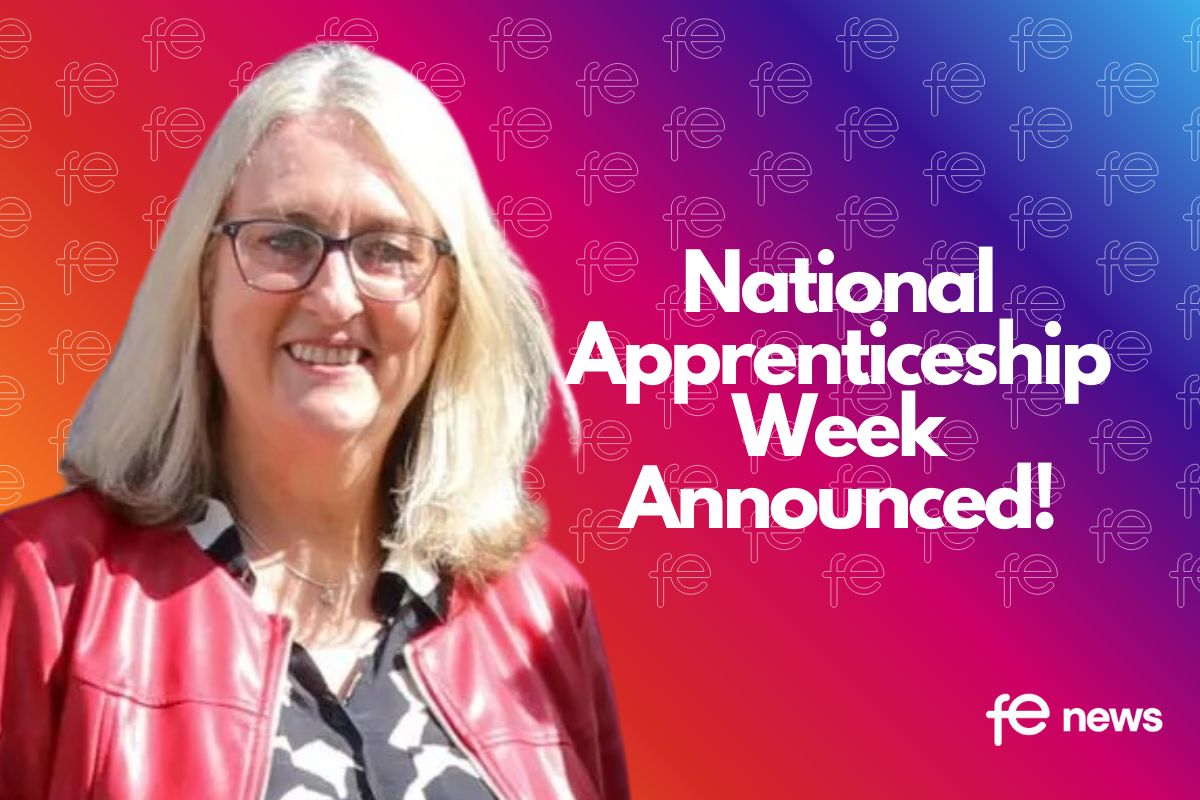

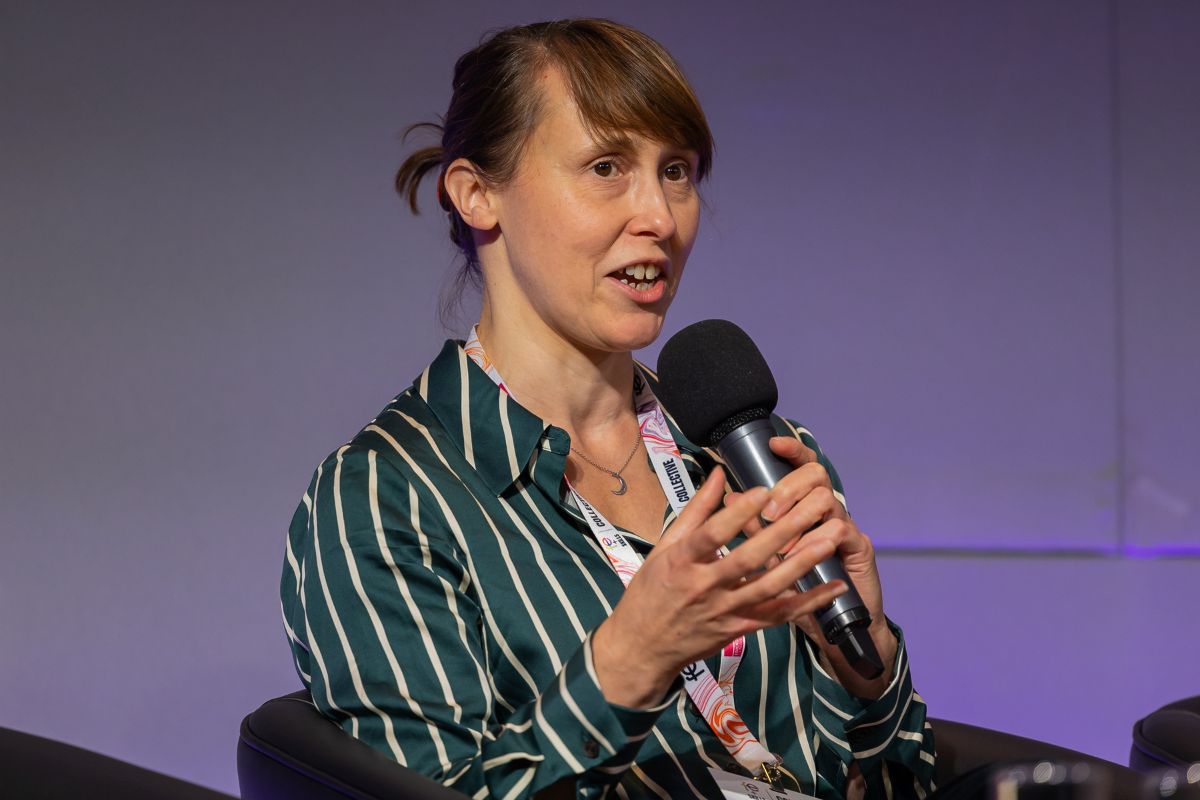

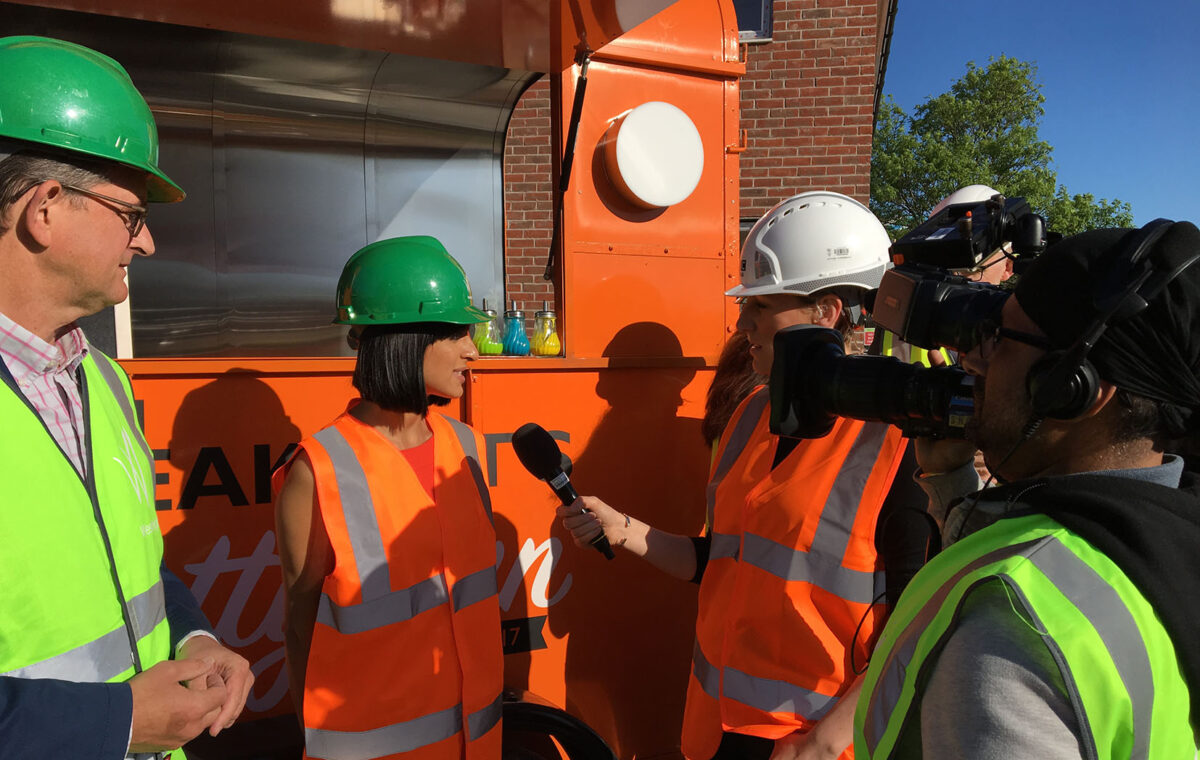

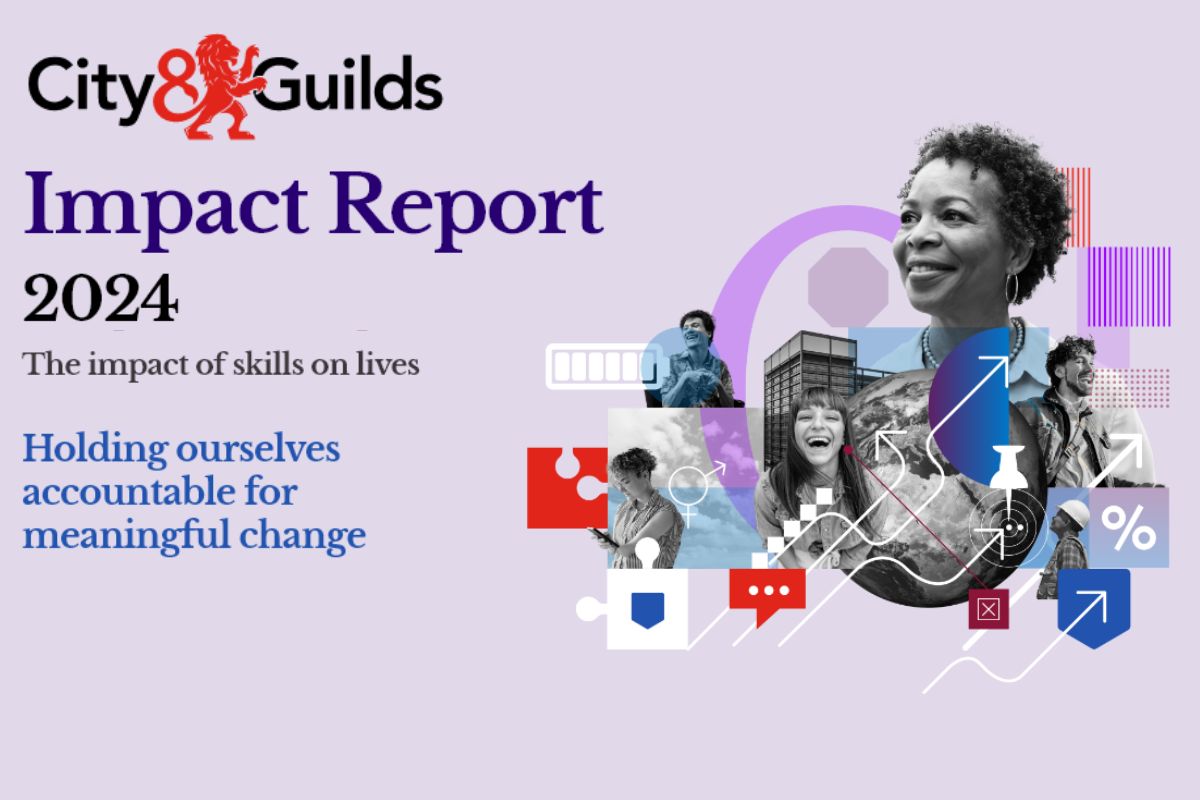
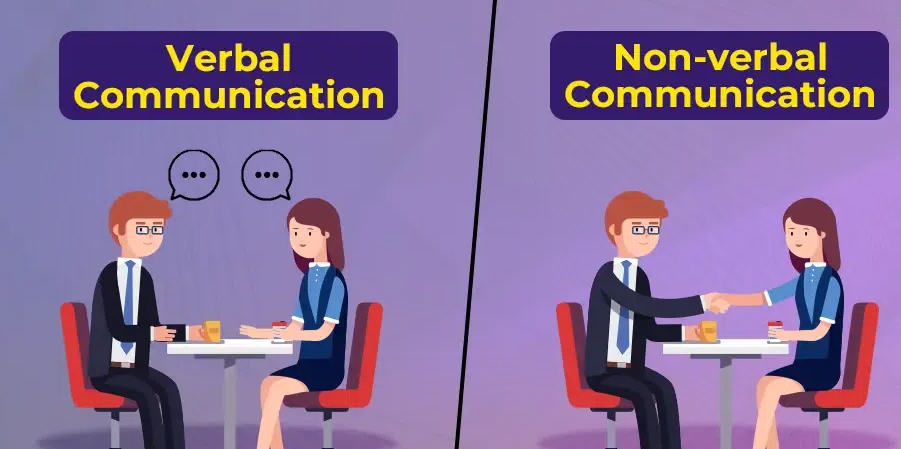
Responses